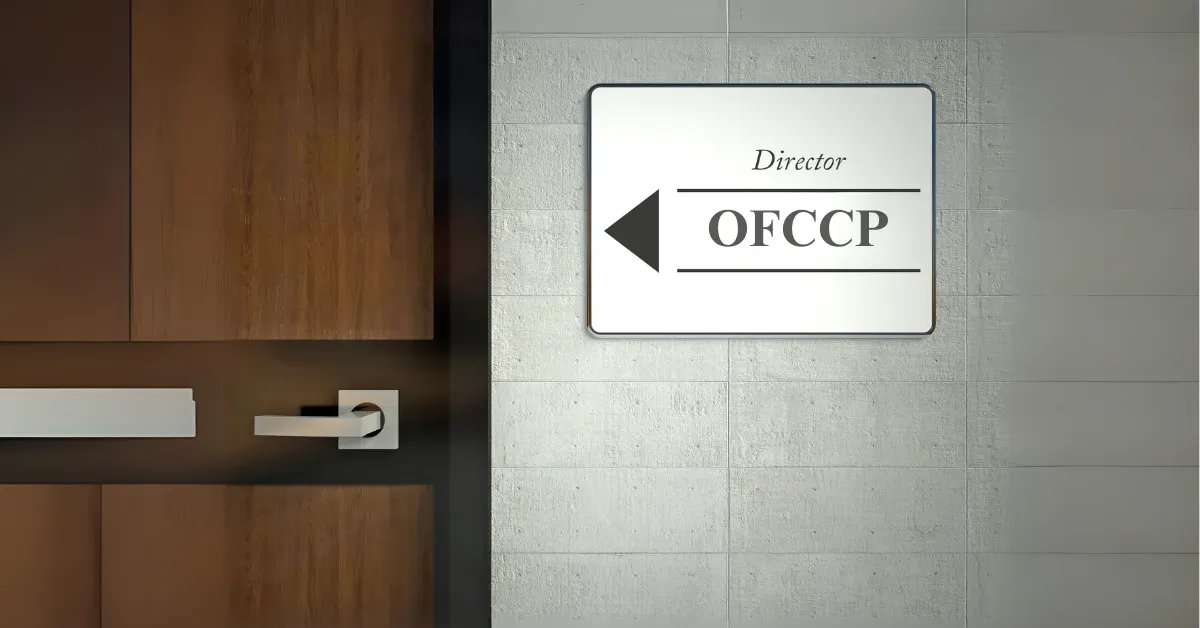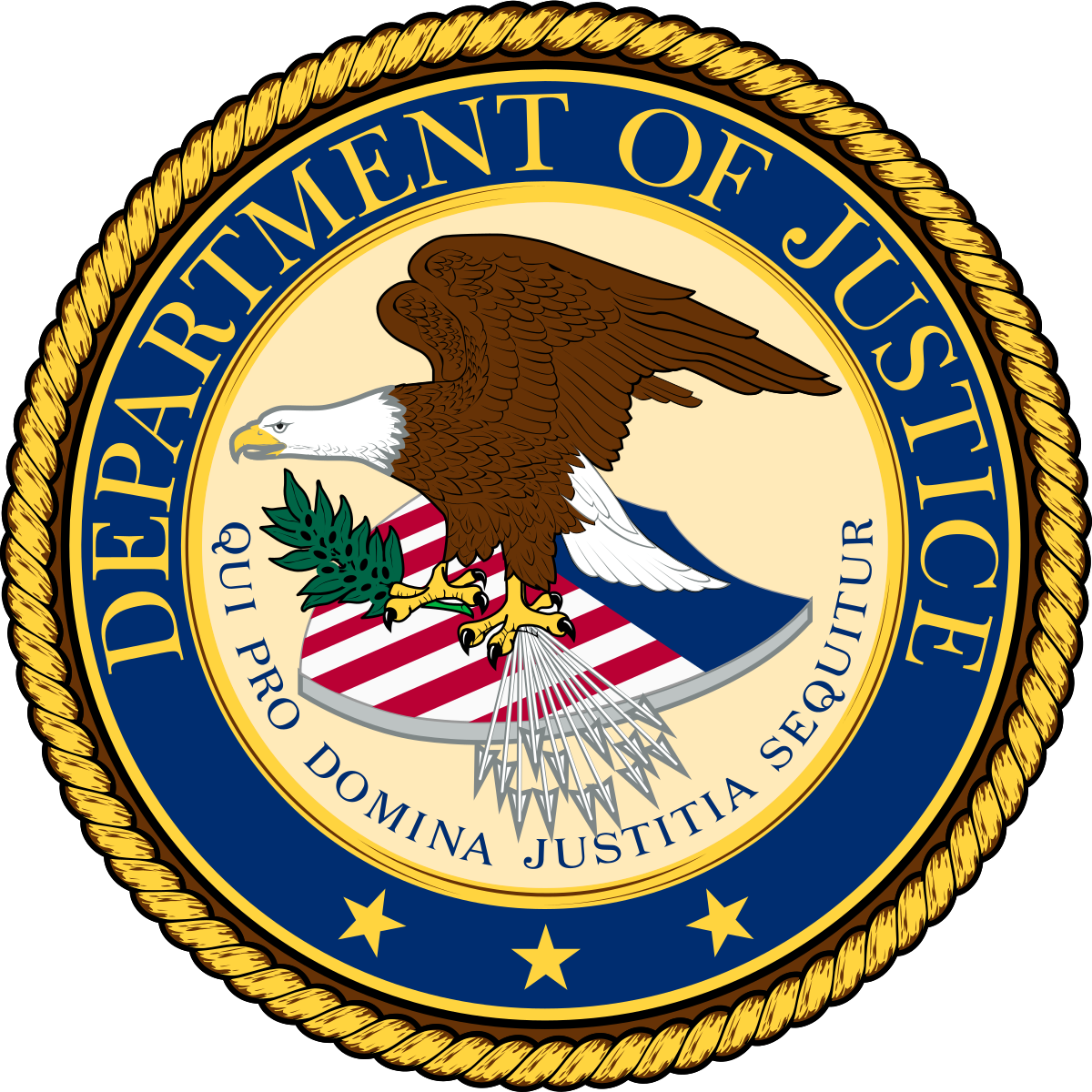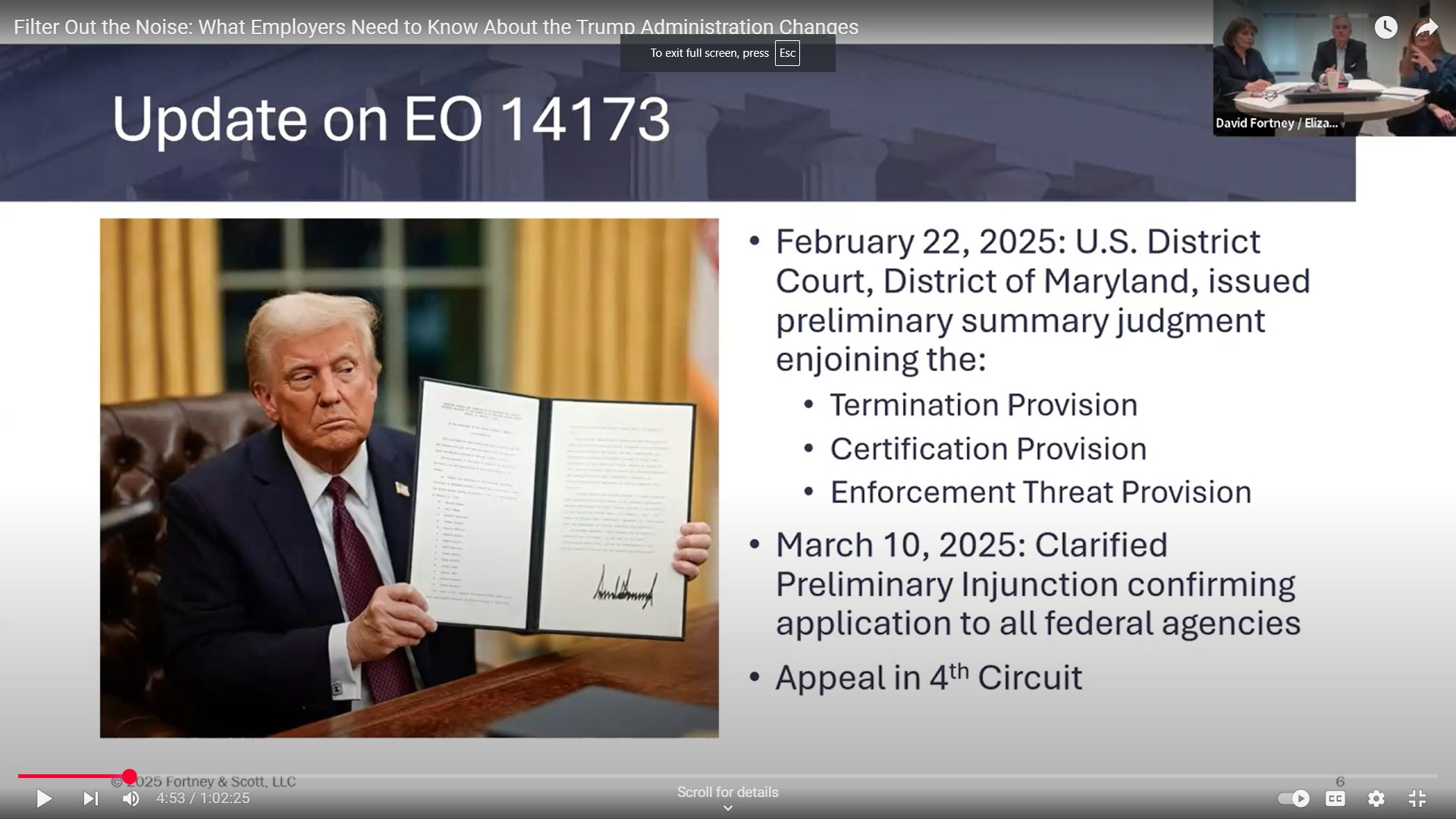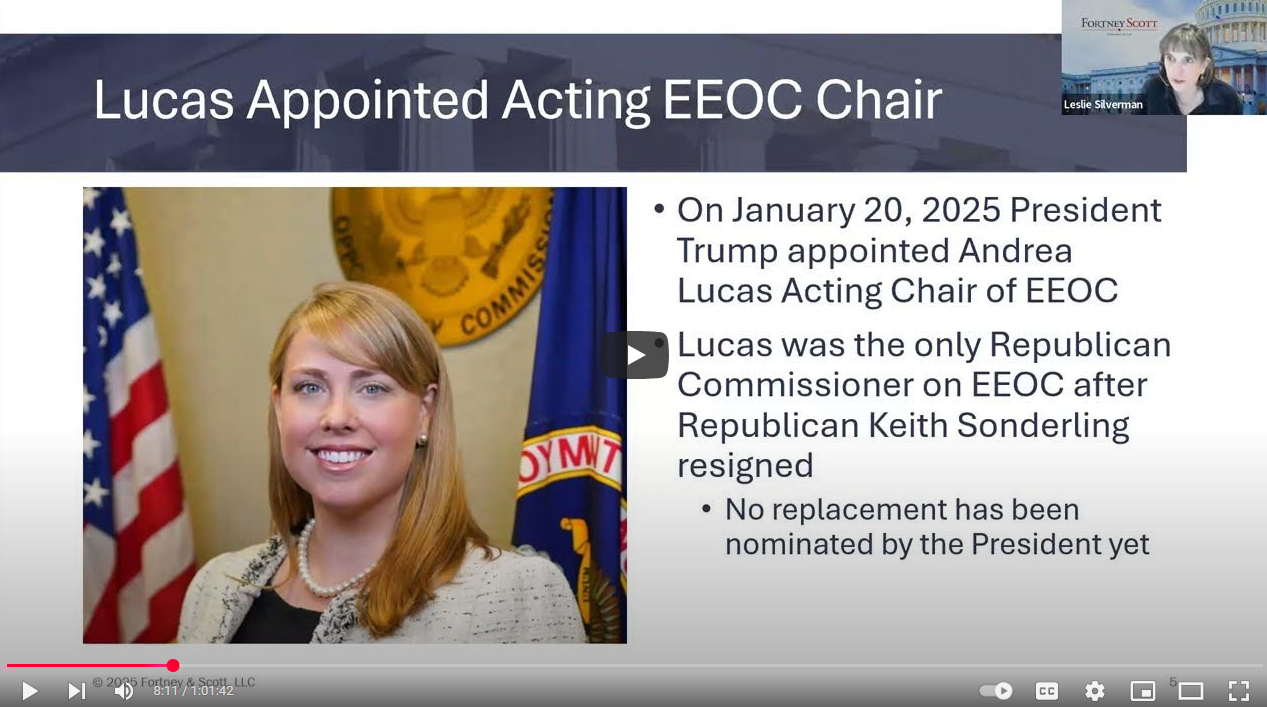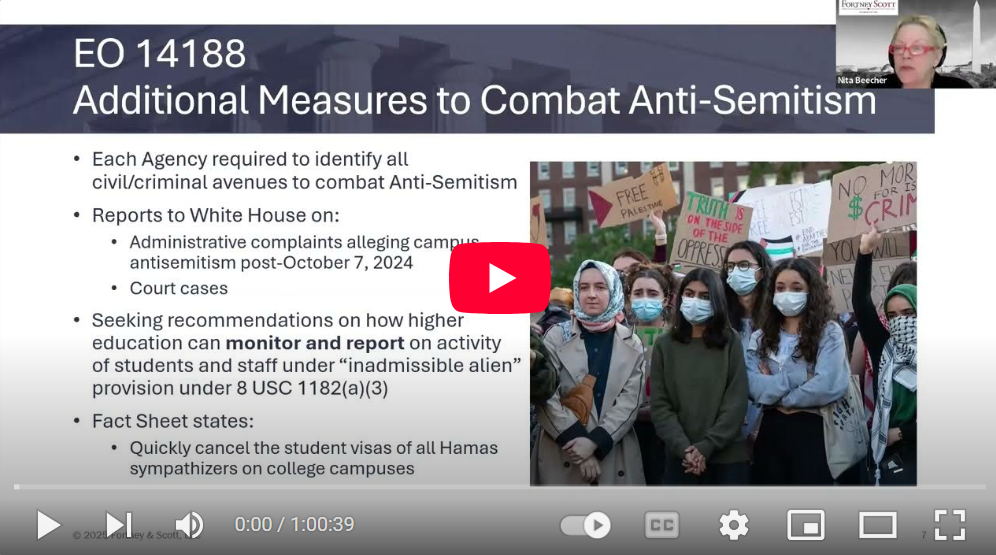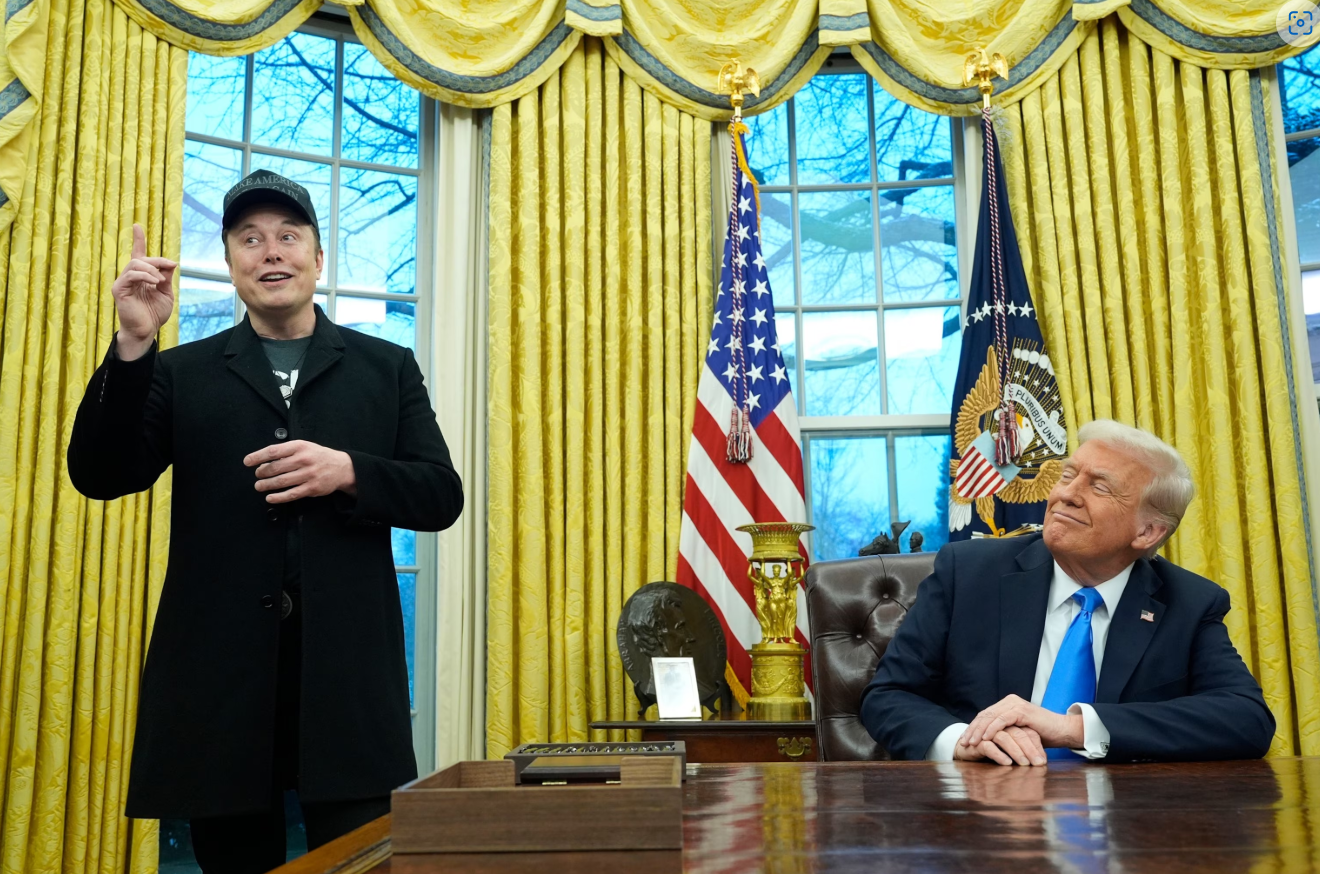Pay Equity Bulletin, Volume 6, Issue No. 7
Keeping you up to date on equal pay
developments and trends.
Biden Administration narrows the gender pay gap in the White House. Advancing gender equity and addressing the gender pay gap have been priorities for President Biden since he was elected, and the White House is attempting to lead by example. Earlier this month, the White House announced that the average salaries of men and women hired by Biden in the White House are “roughly equal,” with men earning an average salary of $94,639 and women making $93,752 on average — a difference of only 1%. In addition, 60% of new White House appointees under President Biden are female, and women now make up more than half of the White House’s senior staff. These figures represent a stark improvement over past administrations in which the average salaries of female staffers were significantly lower in comparison to their male counterparts. To aid in these efforts to achieve pay equity among White House staff, the Biden Administration established a salary structure that includes pay bands to ensure that “those completing similar work are paid the same” regardless of their gender or race. The White House has also taken additional steps, including hiring a chief diversity and inclusion director and implementing training for hiring managers regarding inclusive practices and equitable hiring.
Democratic Senators introduce bill demanding equal pay for U.S. Women’s Soccer Team. In June, Senator Joe Manchin (D-W. Va) and Senator Maria Cantwell (D-Wash.) introduced legislation that would block federal funding for the 2026 World Cup, set to be jointly hosted by the U.S. with Mexico and Canada, unless the U.S. Soccer Federation agrees to provide equal pay to the men’s and women’s national teams. The U.S. Women’s National Team (USWNT) has been engaged in a long-running and highly publicized legal dispute with the U.S. Soccer Federation regarding their pay, arguing that they are paid significantly less than players on the men’s team in violation of equal pay laws. If passed, this legislation would greatly increase the pressure on the U.S. Soccer Federation to accede to the USWNT’s demands. However, similar legislation was introduced in 2019 but failed to advance in the Senate, and the new bill seems destined to meet a similar fate. No GOP senators have expressed support for the bill, making it unlikely that Democrats can secure the 60 votes necessary to avoid a filibuster.
Worley Group settles pay bias claims with DOL. In June, the DOL’s Office of Federal Contract Compliance Programs (OFCCP) announced that Worley Group, an engineering solutions company, has agreed to pay $1,000,000 in order to resolve the agency’s claims of wage discrimination against female, Black, and Hispanic employees at Worley’s Houston location. The OFCCP’s claims arose from a 2017 compliance review of a different contractor, Jacobs Engineering, which had controlled the Houston establishment at the time. However, in 2019, Worley assumed control of the establishment, and in doing so assumed responsibility for the OFCCP’s review. After Worley assumed control of the Houston establishment, the OFCCP notified the company that it had made findings of significant pay disparities impacting more than 40 female, Black, and Hispanic employees. The allegations dated back to 2016, well before Worley took control of Jacob Engineering’s operations. Although Worley denied the allegations, it agreed to the settlement to avoid further litigation with the agency. Under the agreement, Worley will pay $500,000 in back wages and interest to 42 affected employees identified by the OFCCP. Worley will also allocate $500,000 for salary adjustments in the future. In addition to the monetary settlement, the agreement also requires Worley to provide training to employees who oversee compensation.
